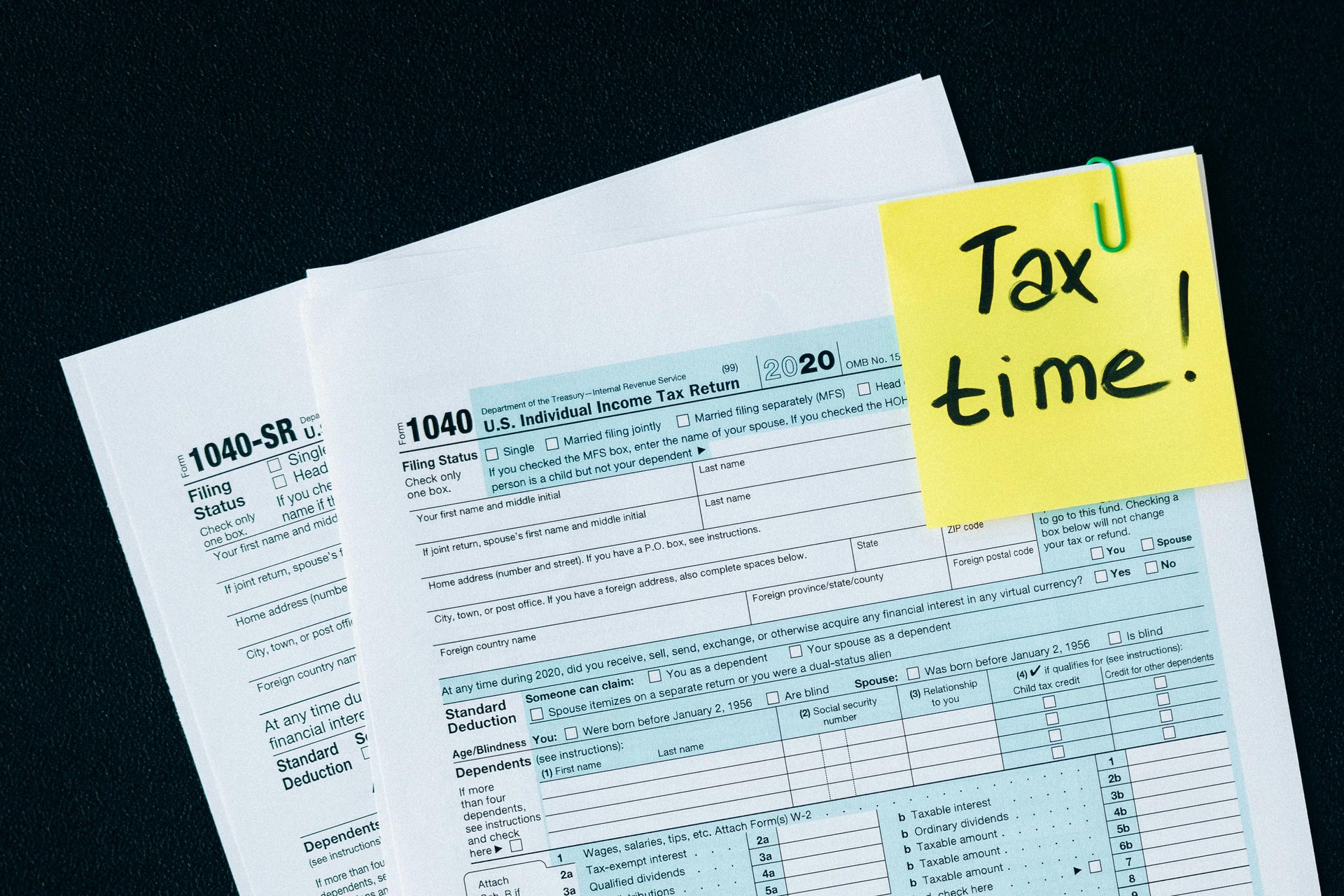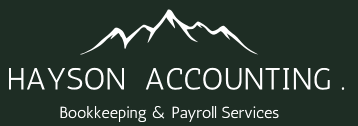5 Financial Mistakes Small Business Owners Make — and How to Avoid Them
Running a small business can be one of the most rewarding things you’ll ever do — but managing the finances isn’t always straightforward. Between handling invoices, tracking expenses, and staying compliant with HMRC, it’s easy for even the most organised entrepreneur to make costly errors.
At Hayson Accounting, we work with business owners across West Sussex — from Brighton to Chichester — and we see the same financial challenges appear time and time again. Whether you’re a start-up or an established company, avoiding these common mistakes can help you save money, reduce stress, and build a more sustainable business.
1. Mixing Personal and Business Finances
One of the biggest mistakes new business owners make is using the same bank account for personal and business transactions. Not only does this create confusion at tax time, but it can also make it harder to understand your true profit and cash flow.
The fix:
- Open a dedicated business bank account from day one.
- Use accounting software (like Xero or QuickBooks) to automatically track income and expenses.
- Set a clear system for transferring personal drawings or dividends.
By separating your finances early, you’ll save hours of cleanup work — and your accountant will thank you later.
2. Not Budgeting for Taxes
Many small businesses, especially those that are new or fast-growing, underestimate their tax bills. When HMRC deadlines come around, they’re left scrambling for funds or facing penalties.
The fix:
- Set aside around 20–30% of your profits for tax.
- Use a separate “tax savings” account so the money is ready when needed.
- Review your tax strategy regularly with your accountant — especially if your income fluctuates seasonally (common for coastal businesses in places like Worthing or Littlehampton).
Planning ahead turns tax time from a panic into a predictable process.
3. Ignoring Bookkeeping Until Year-End
Putting bookkeeping off until tax season is one of the fastest ways to lose control of your finances. Outdated records mean you can’t see where your money is going — and you risk missing legitimate deductions.
The fix:
- Record your income and expenses weekly, not yearly.
- Use cloud accounting software that connects directly to your bank.
- Consider outsourcing to a local bookkeeping service — it’s often more affordable than hiring in-house.
Regular bookkeeping gives you the insight you need to make smarter business decisions.
4. Missing Out on Allowable Expenses
From mileage and subscriptions to home office costs, small businesses often miss tax-deductible expenses simply because they don’t know what qualifies.
The fix:
- Keep digital copies of all receipts and invoices.
- Use an app to automatically categorise transactions.
- Ask your accountant to review your expense list each quarter — they’ll spot savings opportunities you might not realise you have.
Many West Sussex clients we work with save hundreds each year simply by tightening up their expense tracking.
5. Trying to Do Everything Alone
When you’re growing a business, it’s tempting to handle every task yourself — including the accounts. But as your company scales, so does the complexity of your finances. Trying to juggle everything can lead to mistakes and missed opportunities for savings.
The fix:
- Work with an accountant who understands your business structure and goals.
- Schedule quarterly reviews instead of only meeting at year-end.
- Use your accountant as a financial partner — not just a tax preparer.
At Hayson Accounting, we often help clients uncover cash-flow gaps, claim underused allowances, and implement better systems simply by looking at their numbers more strategically.
Final Thoughts
Getting your finances right isn’t just about compliance — it’s about building a stable foundation for growth. By avoiding these five mistakes, you’ll have clearer visibility, stronger cash flow, and more confidence in every business decision you make.
Whether you’re a small business in West Sussex or anywhere in the UK, Hayson Accounting is here to simplify your finances and help your business thrive.
FAQs
1. What accounting software is best for small businesses?
We recommend
Xero or
QuickBooks — both integrate easily with your bank and make bookkeeping effortless.
2. When should I hire an accountant?
Ideally, as soon as you register your business. The earlier you get professional advice, the easier it is to stay compliant and organised.
3. Can Hayson Accounting work with clients outside West Sussex?
Absolutely. While we’re based in
West Sussex, our cloud systems allow us to support clients throughout the UK.





